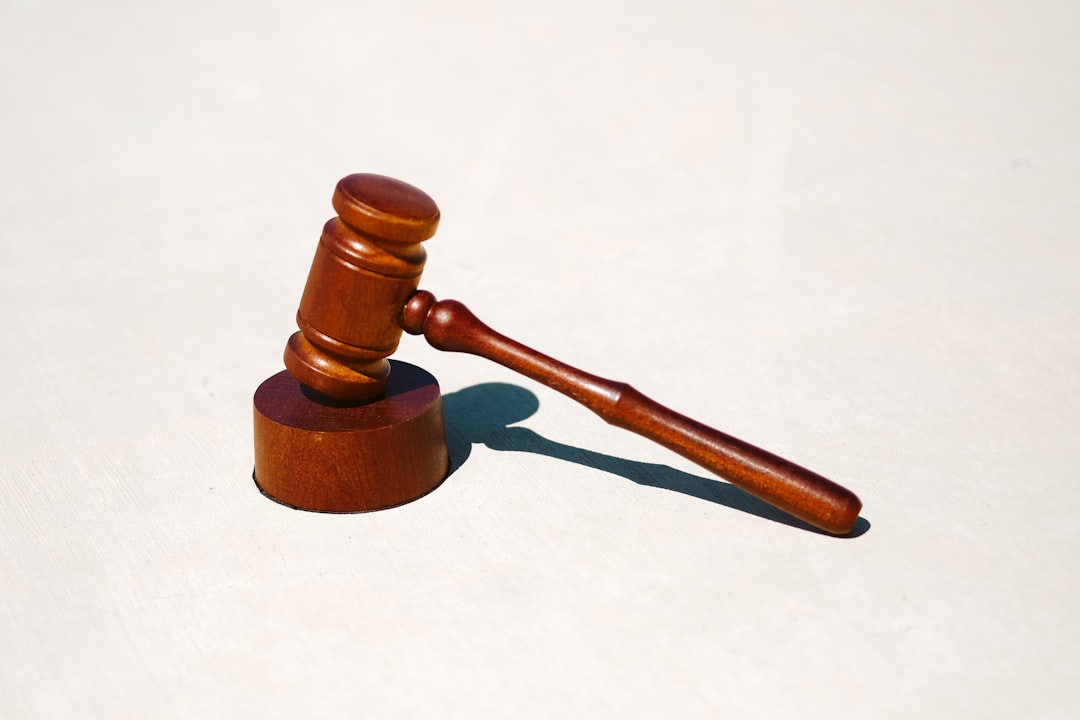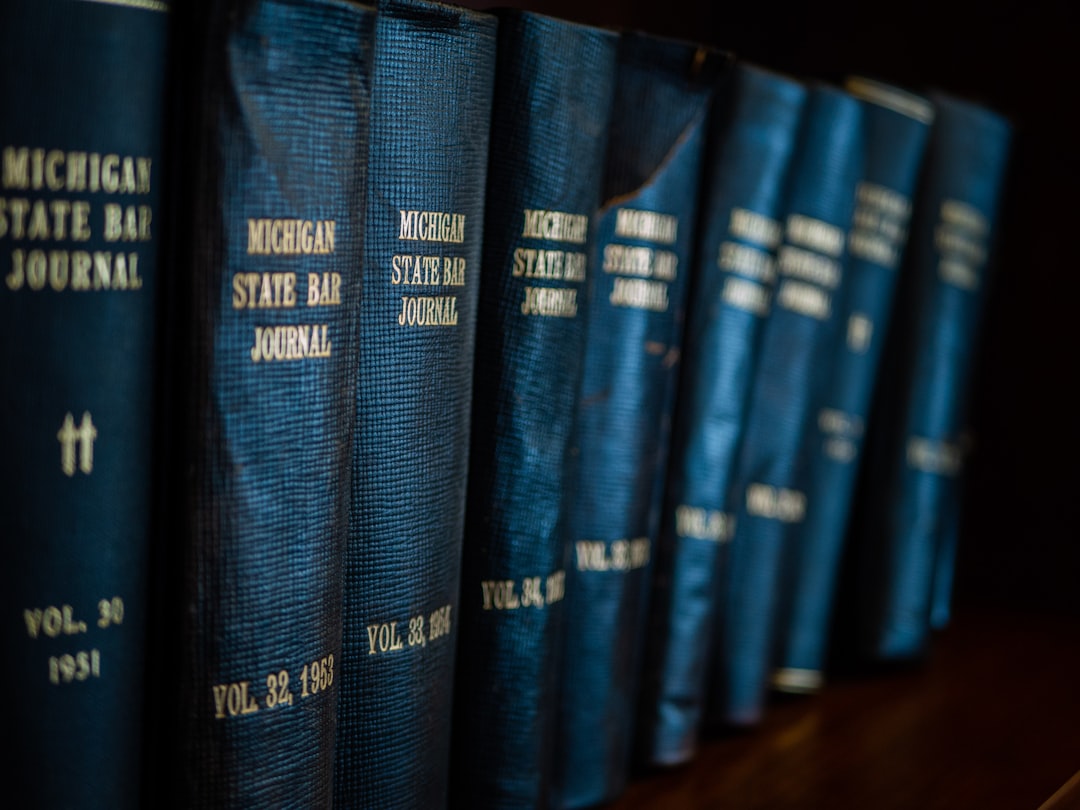In Pennsylvania, sexual assault cases are complicated by racial disparities within the legal system, impacting marginalized communities disproportionately. Studies reveal higher rates of unreported assaults among minority groups and show significant differences in prosecution, conviction, and sentencing based on race. Rape attorneys in Pennsylvania play a critical role in combating these issues by navigating cultural nuances, challenging systemic barriers, and advocating for policies that ensure equitable treatment for all sexual assault survivors, regardless of their racial background.
“The intersection of race and sexual assault is a critical, often overlooked, aspect of America’s criminal justice system. This comprehensive analysis explores how racial bias impacts cases in Allentown, Pennsylvania, using national statistics as a backdrop. We delve into the legal complexities, from prosecution strategies to potential juror prejudices, that can sway outcomes. Real-life narratives highlight systemic injustices faced by minorities, while emphasizing the crucial role of rape attorneys in advocating for fair trials and challenging these biases. Discover how these professionals are revolutionizing justice for all.”
The Prevalence of Race in Sexual Assault Cases: A National Perspective

In the national narrative surrounding sexual assault, race plays a profound and often overlooked role. Studies consistently show that racial disparities exist in how these cases are reported, investigated, and prosecuted. According to various research, individuals from racial minorities are less likely to be believed when they report sexual assault, which can lead to lower rates of conviction for their assailants. This phenomenon is particularly concerning given the higher rates of unreported sexual assaults among minority communities, suggesting that the true prevalence of these crimes may be significantly underestimates.
Pennsylvania, home to a diverse population and a robust legal system, is not immune to these issues. The state’s rape attorneys often encounter complex cases where race intersects with allegations of sexual assault. They navigate challenging scenarios involving cultural nuances, societal biases, and the need for sensitive handling of evidence and testimonies. Understanding these racial disparities is crucial in ensuring justice for all victims, regardless of their background, and in addressing systemic barriers that perpetuate inequality in the legal system.
Legal Systems and Bias: How Justice is Served (or Not) in Pennsylvania

In Pennsylvania, like many parts of the United States, the legal system’s treatment of sexual assault cases is a complex issue deeply intertwined with racial biases. Studies have shown that demographic factors can significantly influence the outcomes of such cases, with individuals from marginalized racial and ethnic backgrounds often facing systemic barriers to justice. This is particularly concerning in light of the high rates of unprosecuted sexual assaults, especially among racial minorities.
The presence of racial bias in the legal system is evident through disparities in charging decisions, conviction rates, and sentencing. For instance, a 2018 report by the Pennsylvania Coalition Against Rape (PCAR) revealed that Black survivors were less likely to have their cases prosecuted compared to white survivors. This gap underscores the critical need for reform, especially with the assistance of dedicated rape attorneys Pennsylvania, to ensure that justice is served equitably and that no survivor’s voice is silenced due to racial prejudice.
Real-World Impact: Stories of Injustices and Their Consequences

In many cases, the impact of race on sexual assault cases is not just a statistical issue but translates into real-world injustices and their consequences. Victims of color often face additional barriers when pursuing justice in Pennsylvania, from prejudice within the legal system to societal stereotypes that can sway public perception against them. These challenges are further exacerbated by the lack of diverse representation among rape attorneys, who may not fully understand or address the unique cultural and racial nuances involved.
The stories of these victims illustrate a systemic issue where race intersects with sexual violence, creating a complex web of difficulties. Injustices suffered can range from delayed reporting due to fear of racial profiling by law enforcement to disparities in sentencing for defendants, often resulting in lighter penalties based on racial biases. These experiences highlight the critical need for both culturally competent rape attorneys in Pennsylvania and a legal system that actively works to address and rectify these racial disparities.
Advocating for Change: The Role of Rape Attorneys in Shaping Fair Trials

In the fight for justice, especially in cases involving sexual assault, rape attorneys in Pennsylvania play a pivotal role. They are champions for change, advocating tirelessly to ensure that every individual, regardless of their racial background, receives a fair trial. The impact of race on sexual assault cases is a complex issue, and these attorneys work diligently to navigate this intricate landscape, challenging biases and promoting equality.
Rape attorneys in Pennsylvania have been instrumental in shedding light on the importance of representation. They advocate for policies that enhance procedural fairness, pushing for reforms that address systemic issues within the legal system. By strategically employing legal strategies, they aim to protect the rights of victims and hold perpetrators accountable, ultimately striving to create a more just and equitable justice process for all.






